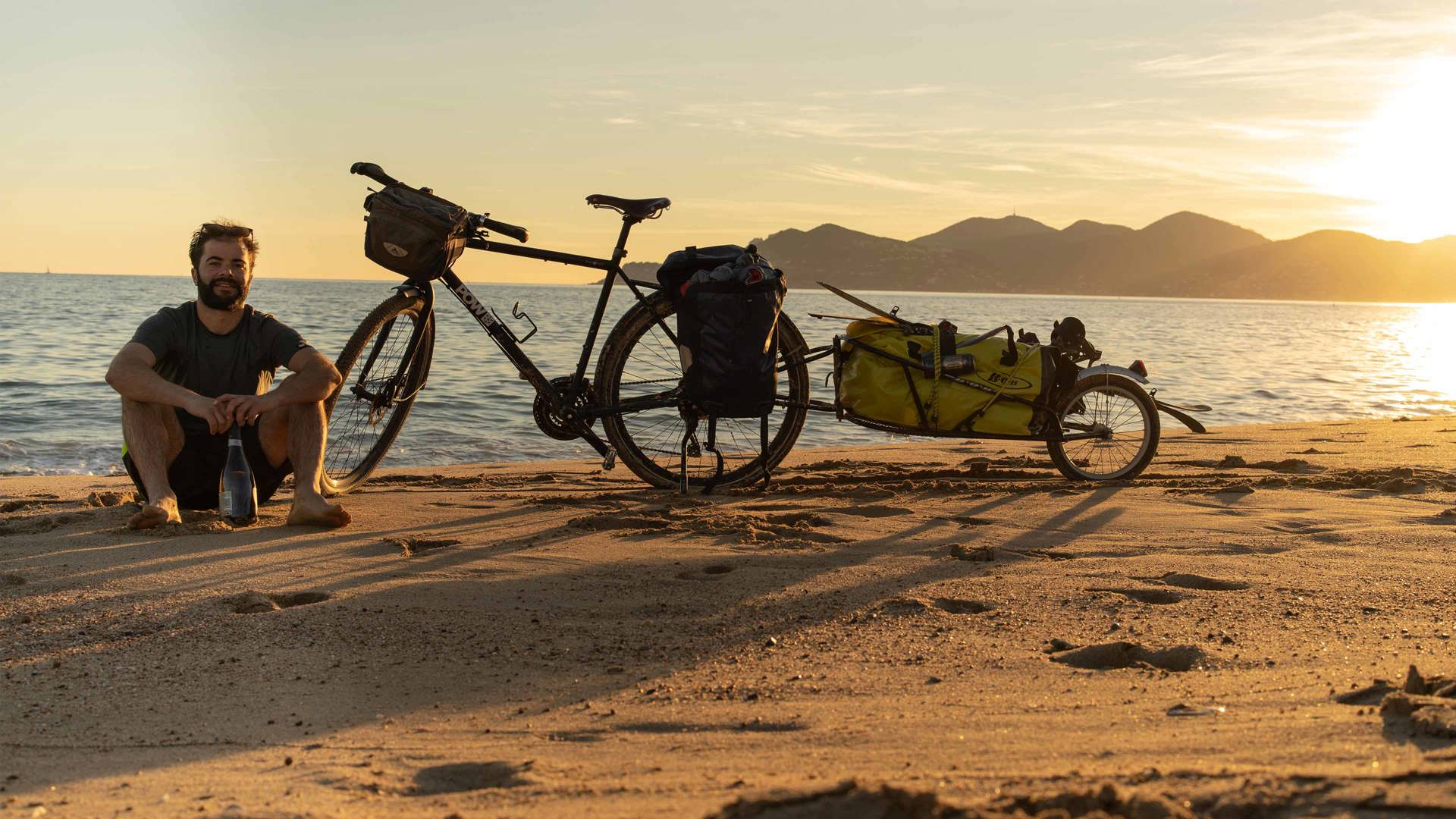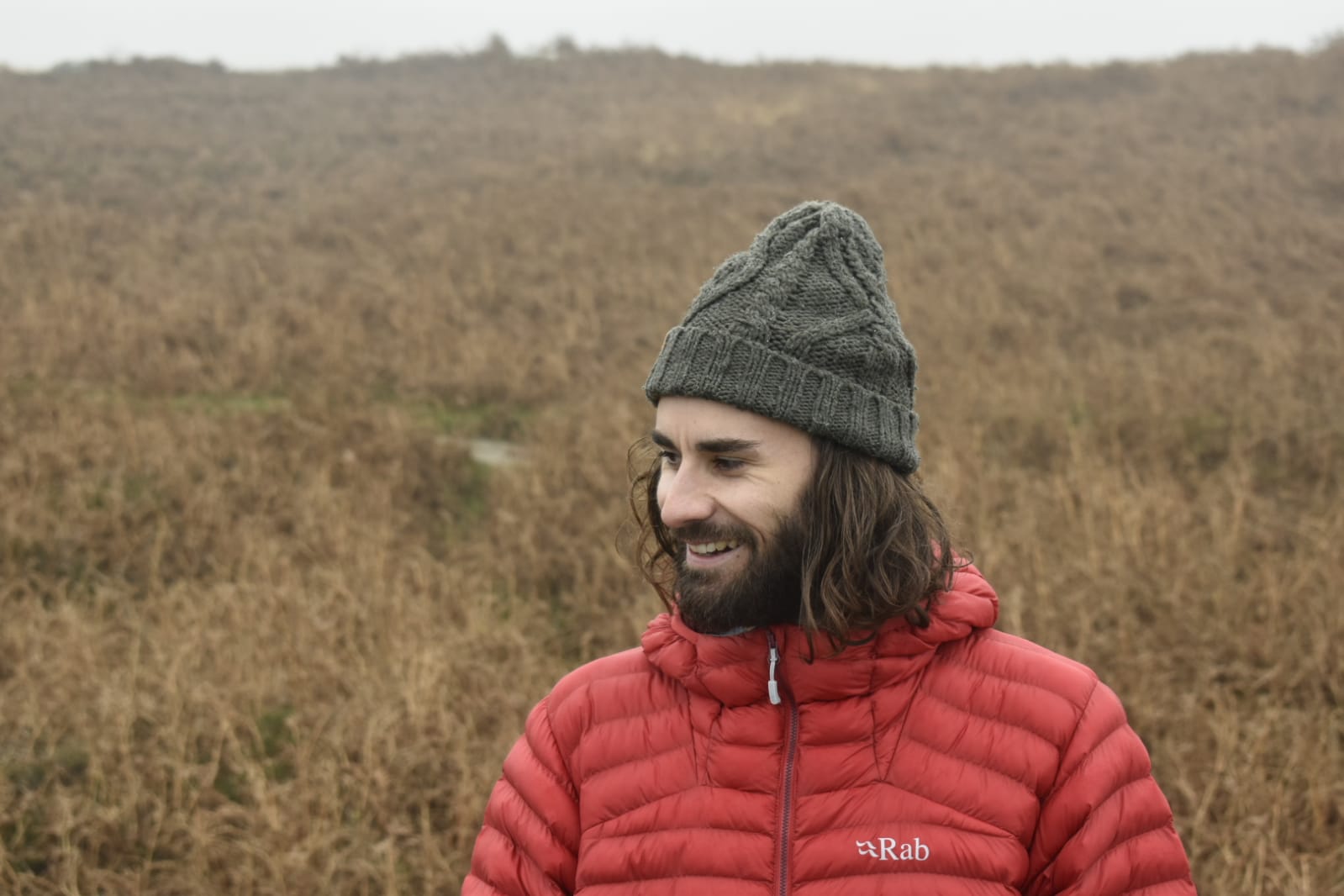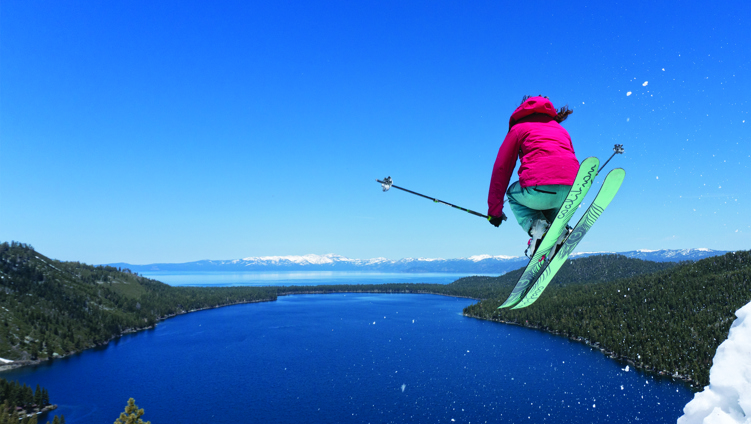Published on 3rd March 2019
Adventure that Matters | Through his project Tales of Change, Florian Reber is on a mission to explore and document the effects of climate change on some of the world’s most iconic mountainous regions. He recounts the first leg of his adventure traversing the European Alps by bicycle and splitboard








